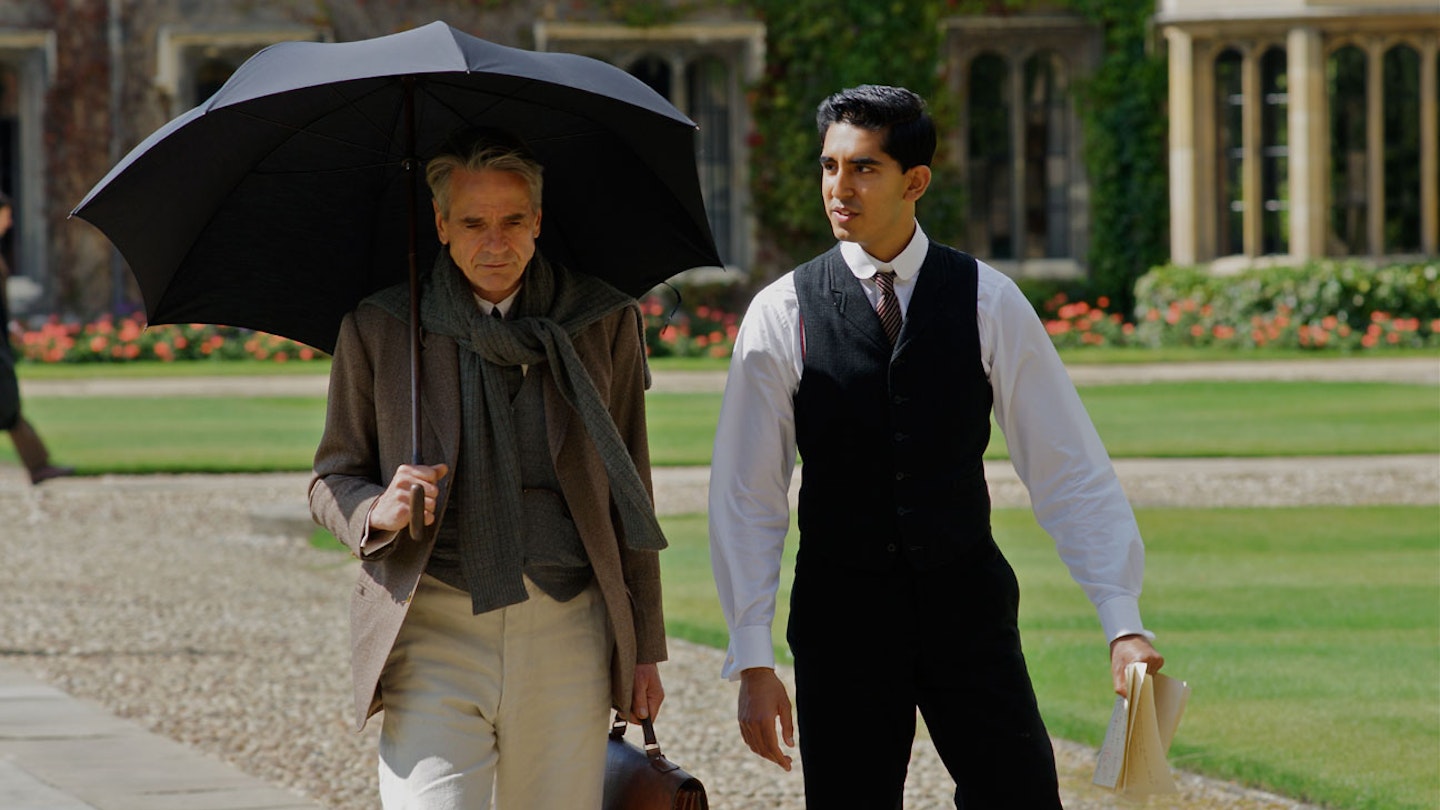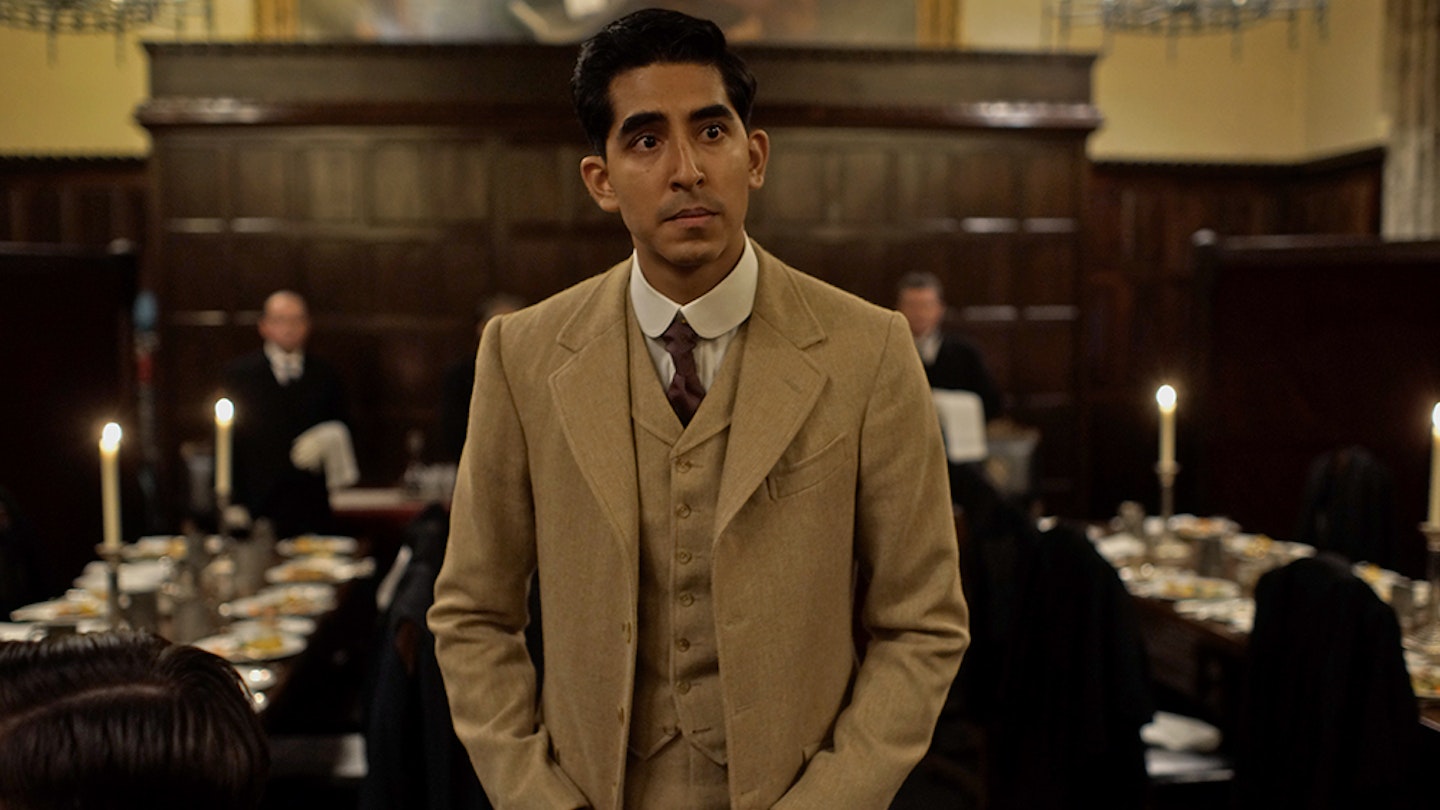Stephen Hawking and Alan Turing may be academic icons, but it’s fair to say that Srinivasa Ramanujan is less well known. His story may be the most amazing of the three, though: born in to poverty in India, he was so obsessed with numbers that as a young man, his burgeoning talent helped him to talk his way into an accountancy job, before contacting Cambridge mathematician GH Hardy, who, so impressed with Ramanujan’s amateur math’s work, summoned him to England for a crack at the real thing. Once at Cambridge, Ramanujan came up with a huge variety of mathematical formulas, some of which are still used to analyse black holes today, before returning to India and dying from TB, aged just 32.
There's little evidence of Ramanujan’s revolutionary ideas on display. The result is a lot like making a film about Miles Davis where he doesn’t pick up a trumpet.
He gets a polite biopic, courtesy of sophomore director Matthew Brown, which even manages to obscure a low budget with the feat of actually shooting in Trinity College, Cambridge. Less convincing, though, are the scenes set in the kind of India Team America might visit: likely added as a sop to international investors, practically every scene comes drenched in the kind of sitar that was once found in curry house ads, and the clumsy way in which Ramanujan’s arranged marriage is handled, does not compare with the precision of observation that can be found in the Cambridge scenes.
Helped in part by the excellent chemistry Patel has with Jeremy Irons (Hardy), who, clearly enjoying himself in his role as the experienced mathematician, is able to bring a thoughtful meticulousness to Ramanujan’s more spontaneous ways of working; their relationship growing every stronger and more touching as they encounter the latent racism of the Cambridge establishment.
Although a lot of noise is made about Ramanujan’s revolutionary ideas, we see very little evidence of this – even The Theory Of Everything had more of stab – the result is a lot like making a film about Miles Davis where he doesn’t even pick up a trumpet. If there’d been more on the thrill of Ramanujan’s mathematical deductions and a little less meandering through a perfunctorily sketched arranged marriage, this could have been top of its class.


